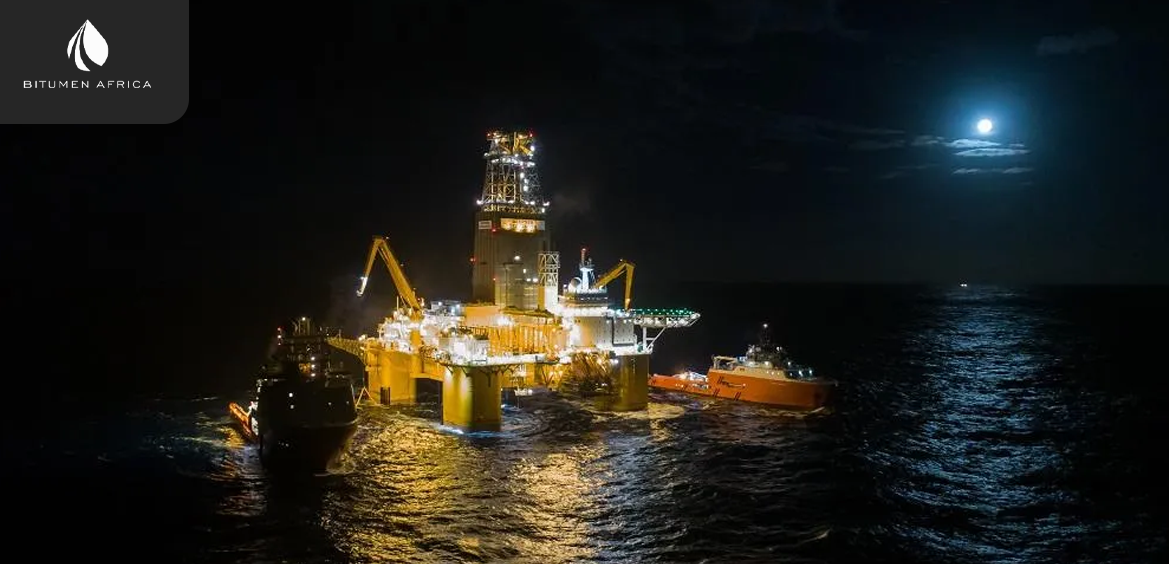Shell has received environmental authorization to drill up to five deepwater wells off the west coast of South Africa, specifically in the Northern Cape Ultra Deep Block (NCUD) located in the Orange Basin. This move is part of the company's broader exploration efforts aimed at discovering new oil and gas reserves. Shell emphasized that successful discoveries could enhance South Africa’s energy security and contribute to its economic development. However, the company has not disclosed specific details about the timing or scope of its drilling operations.
This authorization comes after Shell submitted applications last year to explore ultra-deepwater prospects in South African waters. The Orange Basin is a promising geological formation that extends into both South African and Namibian territories. Shell's interest in the region aligns with the ongoing trend among global energy majors to explore and develop new oil and gas reserves in underexplored regions, particularly given recent successful discoveries in nearby Namibian waters.
Shell and TotalEnergies have already made significant discoveries offshore Namibia, which lies in the same basin. These developments have strengthened the belief among industry analysts that South Africa’s share of the Orange Basin may also contain substantial hydrocarbon reserves. As a result, energy majors are now directing attention to South Africa in hopes of replicating the success seen in Namibia. However, the South African side of the basin has seen slower progress due to regulatory challenges and legal opposition from environmental groups.
Efforts to drill off South Africa have previously faced legal roadblocks, with environmental activists contesting the ecological risks associated with offshore exploration. This resistance, combined with bureaucratic hurdles, has made it difficult for energy companies to advance their exploration projects. Despite these setbacks, Shell remains optimistic that a breakthrough could open new avenues for energy development in South Africa, much like what has occurred in neighboring Namibia.
Meanwhile, Namibia is moving more proactively to develop its offshore resources. The country is exploring financial incentives and credit support mechanisms to encourage investment from international oil companies. Officials have stated that final investment decisions from companies like TotalEnergies and BW Energy are expected by late 2026. In contrast to South Africa’s slower regulatory process, Namibia’s approach signals a more welcoming environment for energy investment and development.

